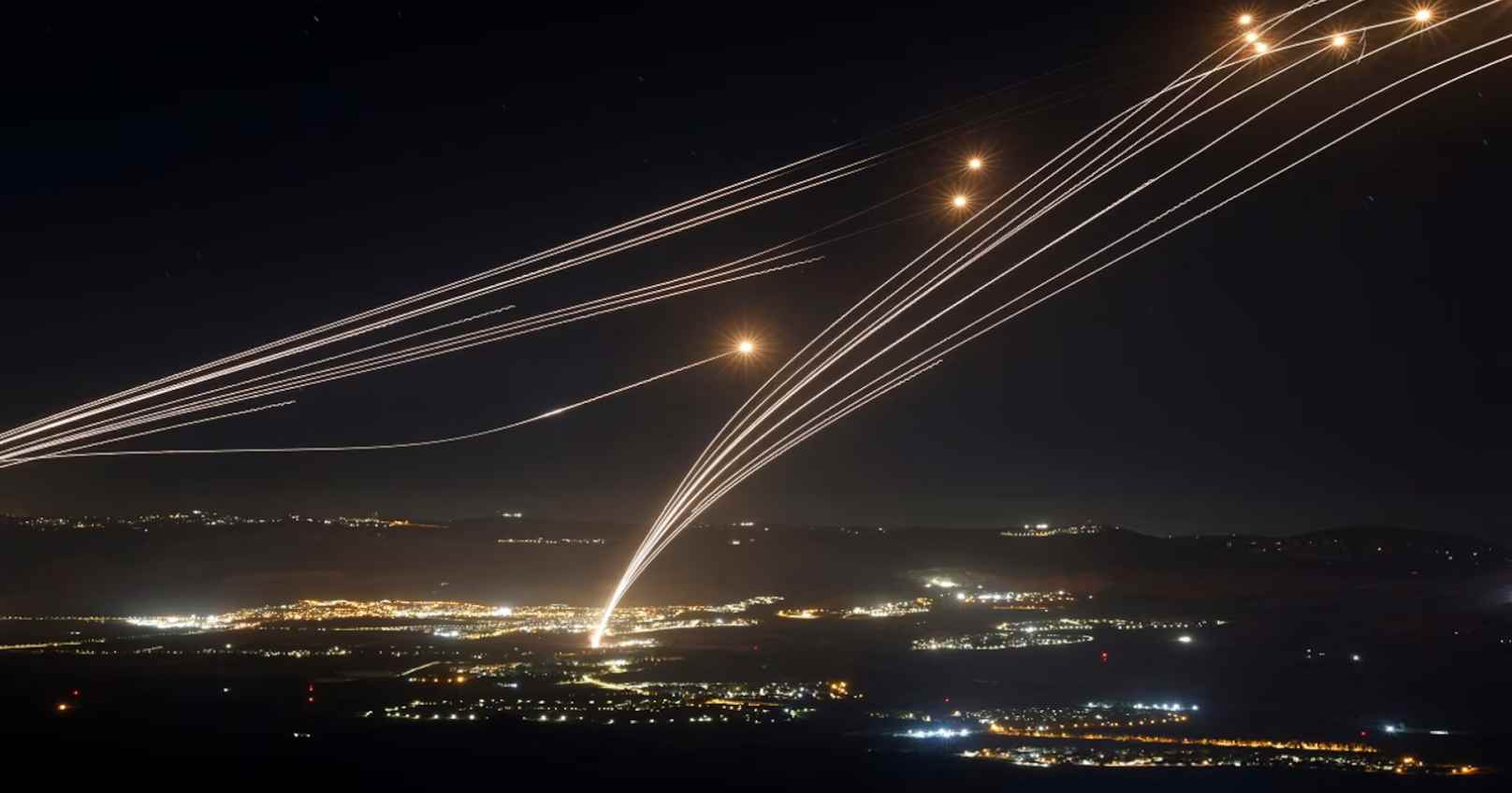Tensions in the Middle East surged as Iran launched more than 400 missiles at Israel, prompting widespread alerts and emergency responses across the country, according to the Israeli military. Israeli defense systems quickly intercepted many of the missiles, marking a severe escalation between the two nations and drawing sharp warnings from the United States.
The Israeli Foreign Ministry confirmed the attack, urging citizens to follow emergency protocols and seek shelter. "Millions of Israelis are currently in bomb shelters," the ministry stated, while the Israel Defense Forces (IDF) assured the public that all necessary measures were being taken to protect civilians.
This offensive follows Israel’s ground operations against Hezbollah in Lebanon, which came after weeks of intense airstrikes targeting the Iran-backed militant group. The United States, meanwhile, has vowed "severe consequences" if Iran continues its aggression. US Defense Secretary Lloyd Austin reaffirmed the country's commitment to defending Israel and warned that any direct military action by Iran would be met with a strong response.
Austin also highlighted that the US had increased its military readiness in the region, emphasizing its capability to counter any threats posed by Iran or its proxies. Earlier in the day, he spoke with Israeli Defense Minister Yoav Gallant, confirming that the US was prepared to assist Israel in intercepting further missile attacks, as it had done during a similar offensive in April.
Israel has already implemented stricter restrictions in major cities, including Jerusalem and Tel Aviv, as it braces for possible further reprisals from Hezbollah or Iran. With Israeli forces conducting targeted raids along the Lebanon border, the conflict shows no signs of de-escalation. Recent Israeli airstrikes in Lebanon have resulted in the deaths of top Hezbollah leaders, including the group's chief, Hassan Nasrallah.







